In case you missed it, Jay Cost had a great piece on Friday on “the Food Stamp recovery”, laying out the ways in which the currently-underway “recovery” is the weakest in memory. His bracing conclusion?
[I]f the economic recovery does not begin to show substantial improvement, the likes of which we have not really seen in the last two years, and if the GOP nominates a reasonably acceptable alternative, this president is going to lose in 2012, and the final result will not be close. Nobody gets reelected with employment way down, real income way down, and 14 percent of his fellow citizens on food stamps. Nobody.
Let’s add a couple of items that help explain why the economy may be looking up for managers of corporations large enough to collect government favor but not for most Americans. The good news?
1) CEO pay? Up 11% in 2010.
2) Individual income tax receipts? Up 25.9% from October to April, but not rising fast enough to keep up with federal spending increases. Of course, the growth of tax receipts is generally driven by the wealthiest Americans, who pay a vastly disproportionate percentage of all taxes.
The not-so-good news?
1) The housing market? Had its worst quarter since 2008. Home prices have now fallen 57 consecutive months. Unsurprisingly, like the “Cash for Clunkers” program, temporary tax credits were only able to temporarily slow the rate of decline, putting off the inevitable: “the improvements, spurred by federal programs that gave buyers up to $8,000 in tax credits, proved fleeting. Sales collapsed when the credits expired last summer, and prices in many markets have been falling ever since.” Like Keynesian solutions in general, temporary incentives are like a drug addiction, creating an economy that can only stay up by getting yet another hit.
2) Jobs? Let’s put it this way. McDonald’s recently announced a one-day hiring program, which netted a million applications, of which 62,000 people were hired. That’s a 6.2% acceptance rate. Harvard College’s acceptance rate for the Class of 2015? 6.2%. In Barack Obama’s America, it’s officially now as difficult to get a job flipping hamburgers as it is to get into Harvard.
In many ways, a weak recovery is an even more perilous time for a big-government guy like Obama than an economic crisis. Americans may be more willing to accept a large government footprint in the economy when they fear the bottom falling out. But they will nonetheless recognize that unleashing the vibrant power of an entrepreneurial economy is outside the competence of an Administration that thinks in terms of temporary props to ward off price shocks and business failures – essentially, the economic playbook of Nixon’s first term, which gave us the economy of the 1970s. Even people who call the fire department when their house is on fire know when to tell them to turn off the hoses because the house is all wet.



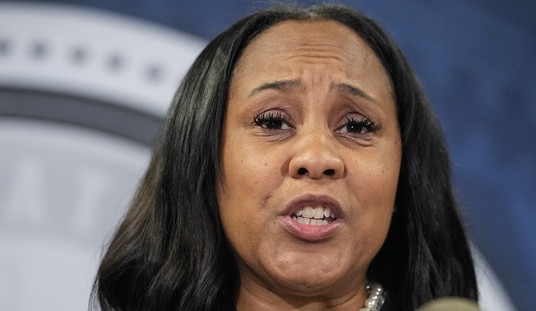
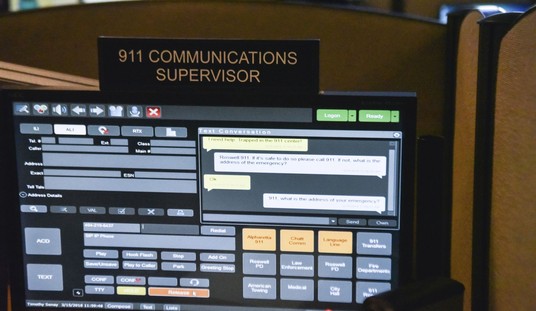

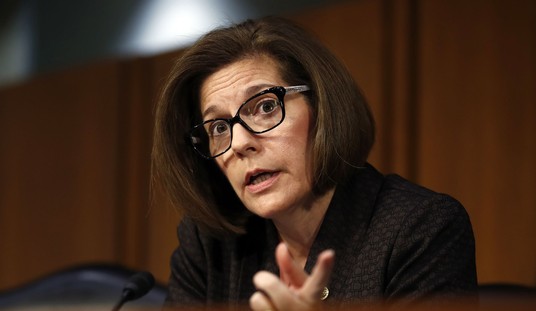
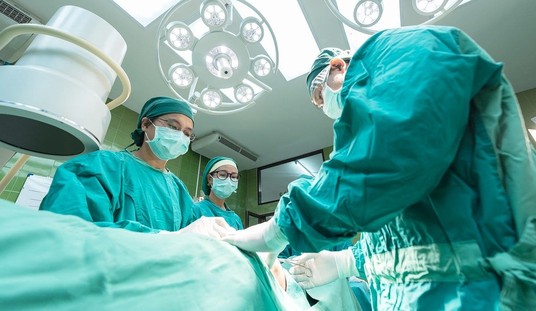


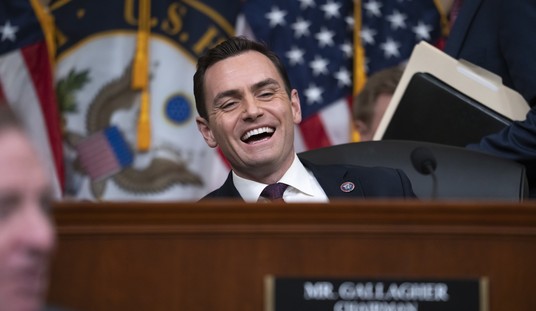

Join the conversation as a VIP Member